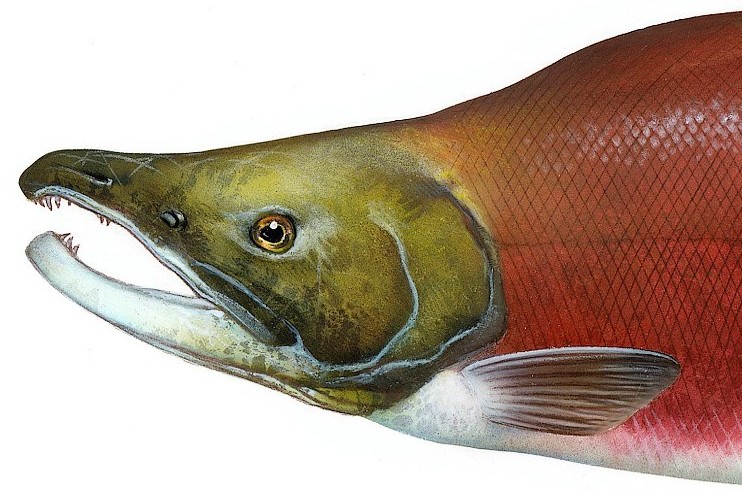I hope no one cares enough about how I vote to be influenced by it, but I want to explain why after a lifetime of voting for Republicans for President, I have abandoned the party of Lincoln, Coolidge, and Reagan, at least in terms of my vote for President.
I’ve given my thoughts on Trump before, about how he’s a caricature of conservatism, not the genuine article, and how he appeals to the baser parts of people’s nature. Back in March, before he was the nominee, I said:
If we nominate Donald Trump, we become everything they said we were. And so, if he is nominated, for the first time, I will vote for a third party candidate for president. It’s not in my nature to boycott the polls altogether, but neither will I close my eyes and pull the GOP lever. The party has meant a lot to me, but it is a means, not an end. If fulfilling conservative principles means destroying the party that once stood for them, so be it. It is better than the alternative of accepting Trump, and seeing the party poisoned to death from within.
That’s still true. Mrs. Clinton is also unacceptable, though in a more conventionally awful way. I reviewed the campaign book that she and Tim Kaine “wrote,” if you need a longer version of my thought on their plan for a more progressive America. It’s all bad, both the means and the end, and that doesn’t even get into her corruption, let alone her abortion advocacy, which is a dealbreaker for me. As much as I admire her pro-war foreign policy, I can’t vote for Clinton in good conscience.
Of the minor-party candidates, the Green and Constitution Parties are both too extreme on their respective corners of the political spectrum. My only real choices are Gary Johnson, who is on the ballot in Pennsylvania, and Evan McMullin, who is not. Based on experience, Johnson is the easy winner, even over Clinton, with his two terms as governor of New Mexico. His running mate, Bill Weld, is if anything more qualified. In a normal year, I’d never give McMullin a second look on this basis. On policy positions, though, McMullin is more of a small-government conservative than Johnson, who at times seems caught up in the intra-party Republican fights of the ’90s than the policy disputes of today. I’m confident Johnson is up to the job, even if I have policy disagreements with his brand of libertarianism. McMullin might be more capable than the average guy who’s never held office or high military rank, but he’s still a novice, even if his ideas sound good in my ear.
Long story short: it comes down to mundane practicalities. I know my vote is a protest vote, but I want it to be for someone I could be happy with as President, even though that will never happen. Moreover, I want it to be counted along with other like-minded votes in a tally that says to the Republican Party, “these could’ve been your voters if you had nominated anyone within hailing distance of normalcy.” If McMullin were on Pennsylvania’s ballot, he would have my vote. Since he isn’t, and since I want my vote to be counted as more than one of the generic “others/write-in” at the bottom of the page, I will cast my ballot for Gary Johnson and William Weld.
I’ll vote Republican for the other offices and if Trump loses, I’ll remain with the party and help rebuild from this disaster. If he wins, well, that’s a blog post for another day.
